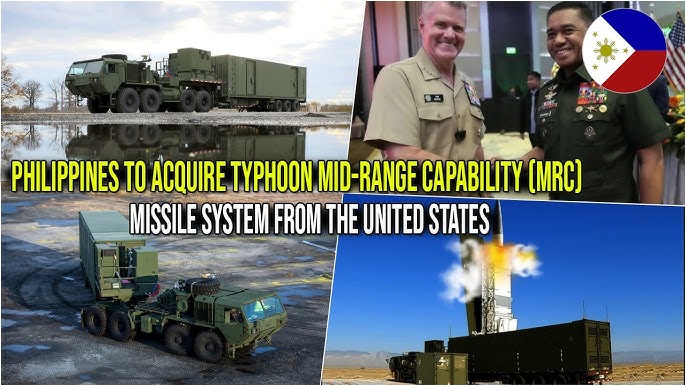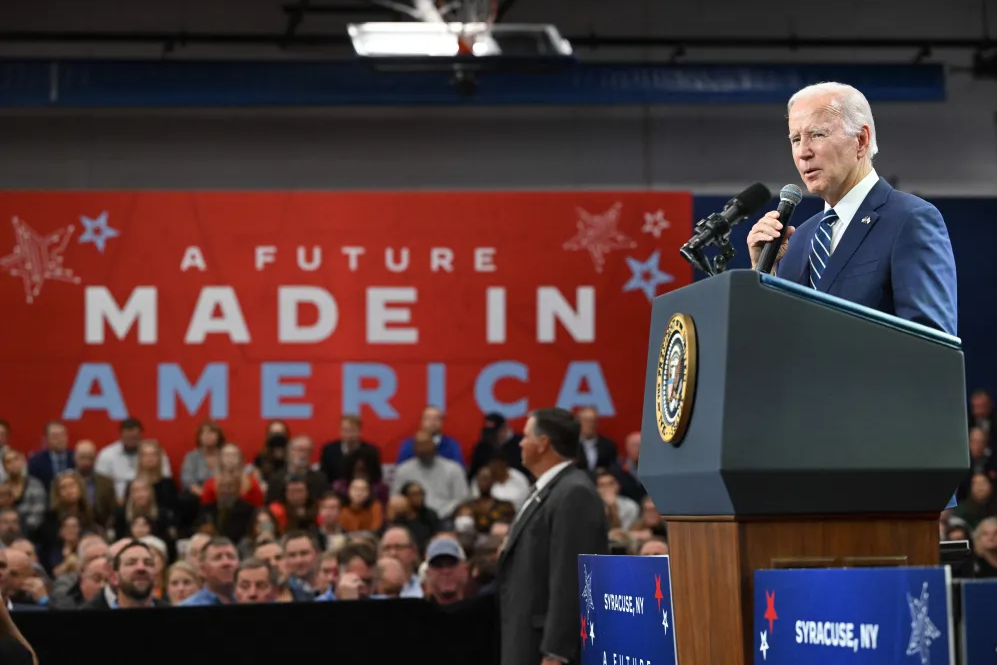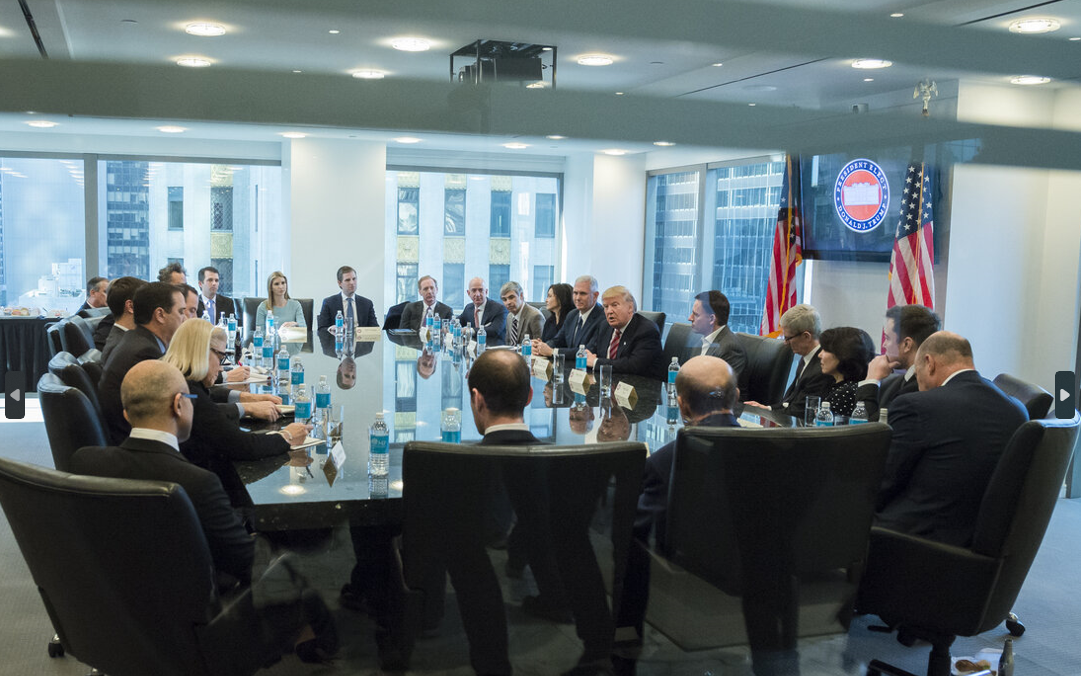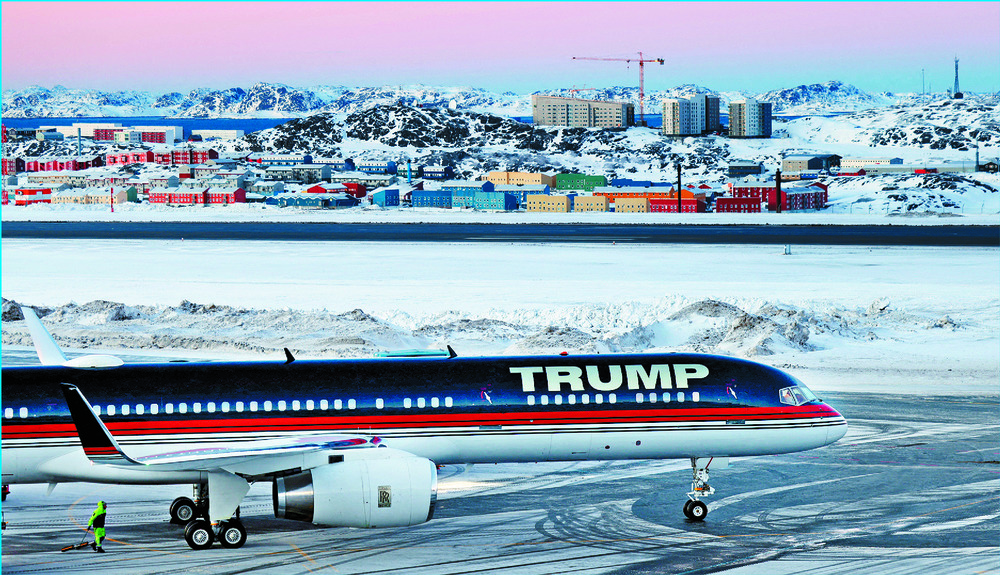
Lucio Blanco Pitlo III, President of Philippine Association for Chinese Studies, and Research Fellow at Asia-Pacific Pathways to Progress Foundation
Jan 21, 2025
The Philippines has played a dynamic role in the Indo-Pacific as of late, now drawing the ire of Beijing by accepting U.S.-made defense systems in the northernmost reaches of its islands. While this may come off like a geopolitical power play, the Philippines still has steadfast commitments to its interests in its own backyard that deserve examination.

Zhu Feng, Director, Institute of International Studies, Nanjing University
Jan 15, 2025
Donald Trump is likely to seek a fresh start when he returns to the White House, creating an opportunity to build a healthy and sustainable China-U.S. relationship. The world is big enough for the two major powers to grow and prosper together and avoid veering into a vicious tech rivalry — or even a new cold war.

Yu Xiang, Senior Fellow, China Construction Bank Research Institute
Jan 13, 2025
The United States initially rejected the sale of U.S. Steel to Nippon Steel, as increasing scrutiny is being applied to international acquisition proposals. A major driver is the growing prominence of protectionist sentiment in the country, where the interplay of politics, security and economic interest is presenting new hurdles for businesses.

Zhao Minghao, Professor, Institute of International Studies at Fudan University, and China Forum Expert
Jan 13, 2025
To a large degree, the new agglomeration is the result of Washington’s “great power competition” strategy. While it looks a bit like the military-industrial complex of the Cold War era, it is truly a different entity, but it’s one whose long-term impact on China-U.S. ties must be understood.

Sebastian Contin Trillo-Figueroa, Geopolitics Analyst in EU-Asia Relations and AsiaGlobal Fellow, The University of Hong Kong
Franz Jessen, Former EU Ambassador to the Philippines and Vietnam; EU Deputy Head (Beijing); Economist and Diplomat in EU-Asia Relations
Jan 10, 2025
Greenland is synonymous with the far reaches of the Northern Atlantic, out of the way of major global events, but now with an ever growing demand for energy and Donald Trumps’ bold overtures, could the remote island become a hotbed of competing global interests?
Xiao Bin, Deputy Secretary-general, Center for Shanghai Cooperation Organization Studies, Chinese Association of Social Sciences
Jan 07, 2025
When he enters the White House, Donald Trump is going to need a resolution of the Ukraine conflict. But Russia’s decision-makers are unlikely to yield to him. Even if Trump got his way, the underlying issues between Russia and the West would persist.
Vasilis Trigkas, Visiting Assistant Professor, Schwarzman College, Tsinghua University
Dec 31, 2024
As the world looks back into a turbulent 2024, the Nobel Peace Prize awarded to Hiroshima and Nagasaki survivors underscores the urgent need for renewed global efforts to mitigate nuclear risks. In the face of rising geopolitical tensions and technological advancements, we must revive strategic dialogues and prioritize diplomatic solutions, following President Kennedy’s example, to ensure global security and address the existential threats posed by nuclear weapons and AI-enhanced warfare. And this call demands leadership.
Philip Cunningham, Independent Scholar
Dec 31, 2024
Recent developments signal a potential thaw in U.S.-China space cooperation, as NASA’s outreach sparks cautious optimism but also draws sharp political criticism from China, highlighting both the promise and the challenges of collaboration amidst broader tensions.
Zhu Junwei, Director, Center for American Studies, Grandview Institution
Dec 24, 2024
It’s no longer just a movie: The risk of a nuclear accident, mistake or blunder that escalates into war is a tangible reality. U.S.-China engagement is urgently needed and could produce more stability and sustainability than many other areas of cooperation in the face of new and evolving nuclear risks.
Niu Xinchun, Professor, China-Arab Research Institute, Ningxia University
Dec 23, 2024
Middle Eastern nations are capitalizing on Donald Trump’s penchant for unprincipled, no-limits deal-making, even though he has yet to assume office. These countries are scrambling to position themselves for the high-stakes negotiations that lie ahead.